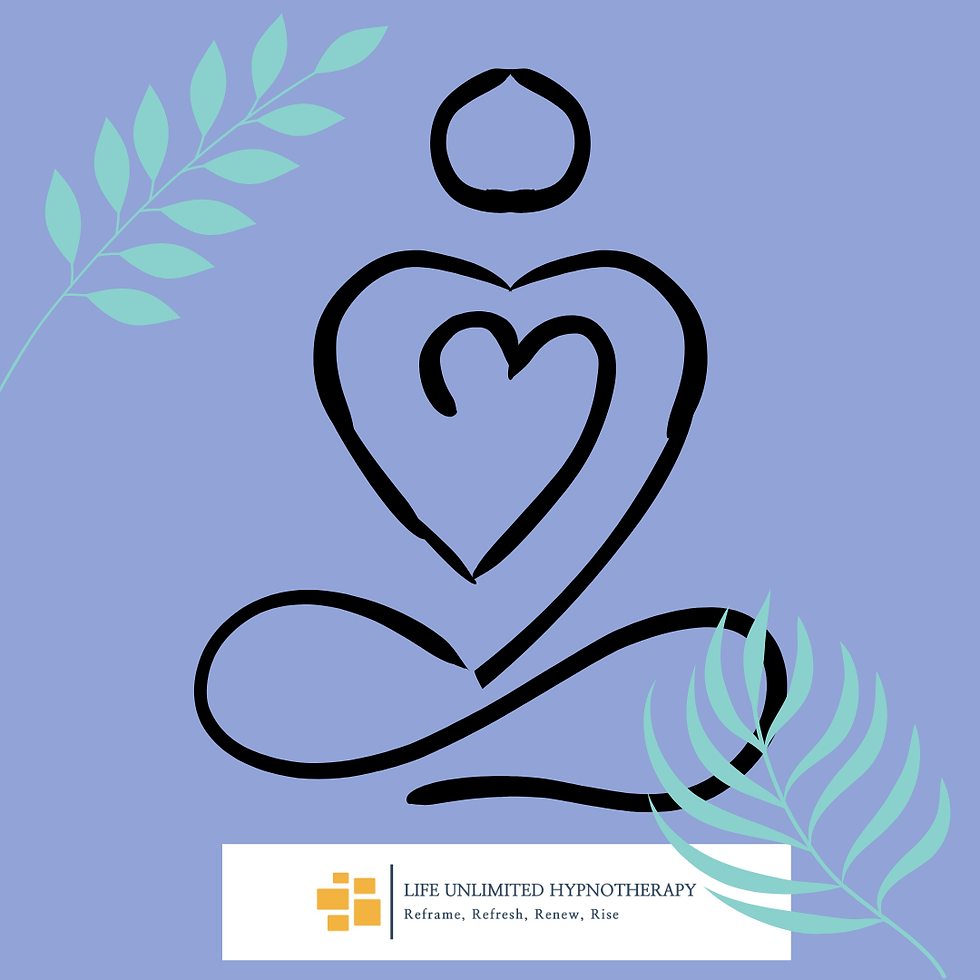Guided Meditation: A Path to Inner Peace
- Joe Quieros

- May 19, 2025
- 3 min read

May is National Meditation Month, a time dedicated to embracing mindfulness and self-care. Whether you're new to meditation or looking to deepen your practice, guided meditation offers a structured and accessible way to cultivate inner peace.

What is Guided Meditation?
Guided meditation is a form of meditation where a narrator—often a teacher, therapist, or an audio recording—leads you through a structured process. This can include breathing exercises, visualisation techniques, or affirmations designed to help you relax and focus. Unlike silent meditation, guided meditation provides direction, making it easier for beginners to stay engaged.

How Can You Practise Guided Meditation?
Practising guided meditation is simple and requires minimal effort. Here’s how you can get started:
- Find a Quiet Space – Choose a location free from distractions where you can sit or lie down comfortably.
- Select a Guide – You can use apps, YouTube videos, or podcasts featuring experienced meditation instructors.
- Use Headphones – This helps block out external noise and enhances immersion.
- Follow the Instructions – Listen to the guide’s voice and allow yourself to be led through the meditation.
- Breathe Deeply – Focus on slow, deep breaths to help calm your mind and body.
- Let Go of Expectations – Meditation is a practice, not a performance. Allow yourself to experience it without judgment.

The Benefits of Meditation
Meditation has been practised for centuries, and modern science continues to validate its benefits. Some of the key advantages include:
- Reduced Stress and Anxiety – Meditation lowers cortisol levels, helping to manage stress.
- Improved Focus and Clarity – Regular practice enhances concentration and cognitive function.
- Better Emotional Well-being – Meditation fosters self-awareness and emotional resilience.
- Enhanced Sleep Quality – Guided meditation can help regulate sleep patterns and combat insomnia.
- Physical Health Benefits – Studies suggest meditation can lower blood pressure and improve immune function.

When is the Best Time to Meditate?
The best time to meditate depends on your lifestyle and personal preferences. Here are some common options:
- Morning Meditation – Helps set a positive tone for the day, improving focus and energy.
- Midday Meditation – A great way to reset and refocus during a busy schedule.
- Evening Meditation – Ideal for unwinding and preparing for restful sleep.
Ultimately, the best time to meditate is whenever you can commit to it consistently.

Celebrities Who Meditate
Many successful individuals credit meditation for their mental clarity and well-being. Some well-known figures who regularly practise meditation include:
- Oprah Winfrey – She incorporates meditation into her daily routine to maintain balance.
- Paul McCartney – The legendary musician has practised meditation since the 1960s.
- Lady Gaga – Uses meditation to manage stress and anxiety.
- Kobe Bryant – The late basketball icon meditated daily to enhance focus and performance.
- Hugh Jackman – Finds meditation essential for maintaining inner peace.

Embrace Meditation This May
National Meditation Month is the perfect opportunity to explore guided meditation and experience its benefits first hand. Whether you’re looking to reduce stress, improve focus, or simply find a moment of calm, guided meditation can be a transformative practice. Look out for new tracks being uploaded to the website www.lifeunlimitedhypnotherapy.co.uk or book an appointment with myself for a meditation session, solo, couple or group sessions can be arranged in my Witham clinic or elsewhere.
So, why not take a few minutes today to pause, breathe, and reconnect with yourself? Your mind and body will thank you.
FAQ
What is meditation?
Meditation is a time taken to separate ourselves from the noise of the outside world and reflect inwards. Guided meditation is an equally calming experience where we can rest and relax, but by following the vocal guidance of a therapist or holistic practitioner.
How does meditation help us?
Meditation creates a moment of stillness and allows you to take a pause from the busyness of life. Similar to the practice of yoga but with less physical activity. People can access a sense of calm and gain serenity and relaxation, allowing them to rejoin the world focussed and reenergised mentally.
How will I know if I am doing it right?
It does take practice to meditate but in time it becomes easier to find that quietness. When thoughts pop into your head, as they will, just allow them - acknowledge the thought is there and that you will come back to it later but will not allow your focus to remain there for now. Give yourself freedom to skip past it and focus on the breathing or the voice of the therapist if you are doing guided meditation.




Comments